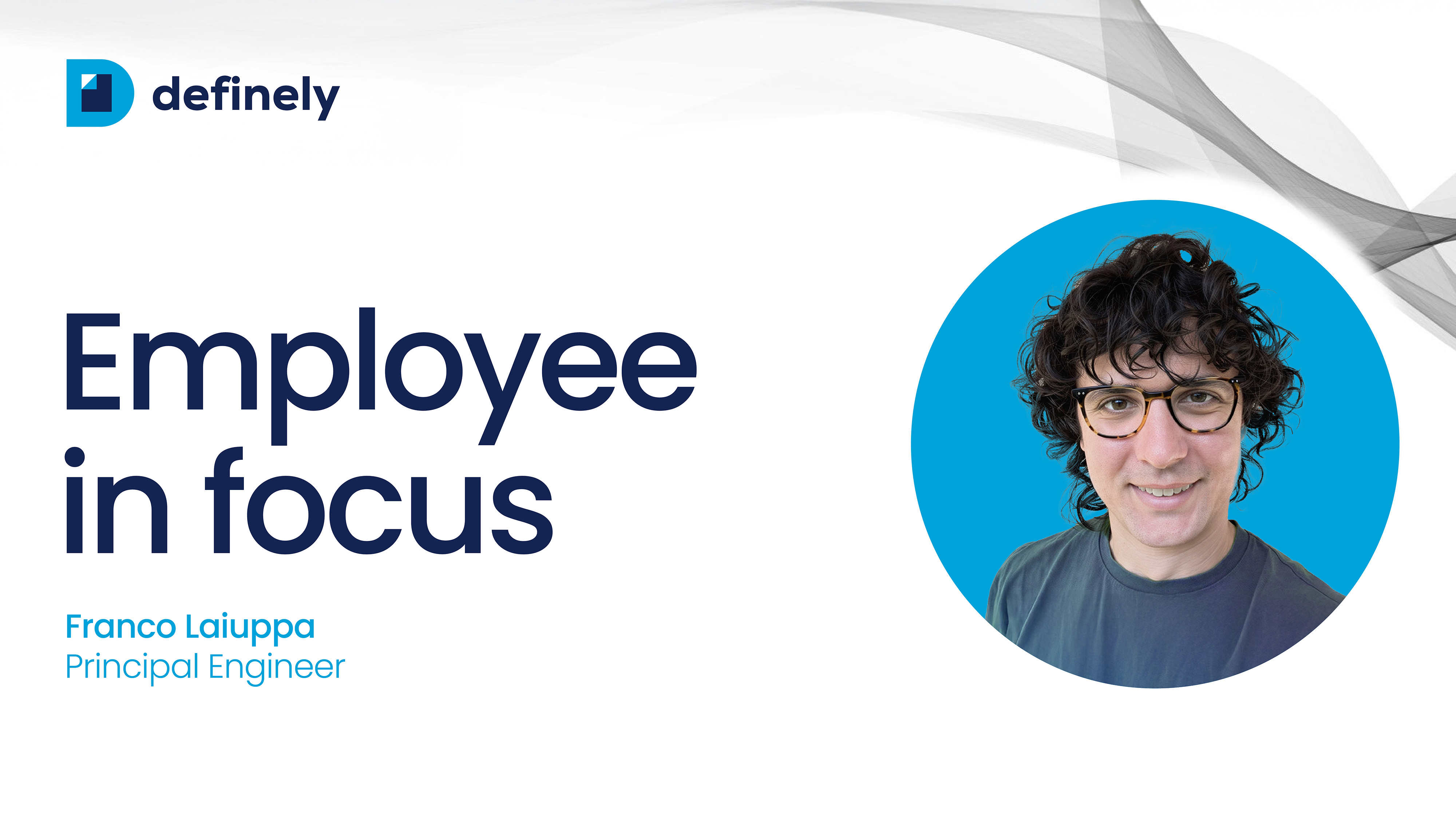AI in legal drafting - What you need to know

There are never enough hours in the day. That’s what we’ve all been saying. It’s almost the adulting strapline. So when you work like a lawyer, there seems to be even less time to get everything done. We know you’re busy.
You’re building client relationships, handling litigation, and somehow still finding the time to draft all the documentation needed for clients and compliance. But it’s a lot.
In this blog, we wanted to tackle the task of finding you a drafting companion which complements your workload and frees up your time.
We’re not talking about human resources though. We’re talking about the smart and savvy use of AI.
In our opinion, the implementation of AI through legal tech tools is the best way to bring the legal sector up to speed.
Now, a caveat before we get stuck in. We are NOT saying that AI is the solution for everything. We are merely framing it as one tool of many, designed to save time and improve efficiency.
The reality for law firms
You have more to do, within less time. The billable hour is being stretched like never before. If you want to serve more clients, find new business and keep on top of your workload, you need more than just an extra pair of hands.
This is what it looks like, according to an article by LexisNexis:
66% of lawyers who took part in the survey felt that they are under too much time pressure to proofread properly, and 33% admitted to having skipped proofreading tasks when creating or reviewing legal documents.
90% of legal documents checked with drafting software contained errors, even on those documents that lawyers were confident they had checked.”
Clearly, there’s a problem that needs to be solved.
This is where legal drafting software comes into its own
So what is it?
Drafting software, like our Definely Draft, is designed to automate much of the document drafting process. Instead of lawyers completing the process manually, drafting software is capable of taking the stress and hassle out by plugging into their standard documentation software. In fact, Definely’s Draft is an add-on to Microsoft Word, so it’s even easier to start saving time and hassle. The seamless way in which lawyers can access Draft allows them to access and edit information, add cross references, and correct all relevant documentation without ever leaving their original document.
The truth is - you’ve probably done all of the work before, just in another matter.
Certain provisions are likely to remain largely unchanged from matter to matter. Using a piece of AI-driven software that recognises patterns of text, or is able to retain content to be used at a later time, is hugely beneficial. Thomson Reuters quoted lawyers reporting time savings of up to 82%, simply by using document automation to generate contracts and other legal documents. It’s at this point that we introduce another Definely product - Vault. How can this make life easier for the legal sector?
Vault helps lawyers find and insert precedent clauses, provisions and definitions, by allowing them to search their firm's existing knowledge base, clause library or document management system. One of its best features? Vault categorises search results by relevance. This is definitely a huge time saver (for obvious reasons). What it also does is create consistency by enabling users to tap into their organisation's existing content. That’s less time trying to remember, less time digging through documents, and even less time needing to ask their colleagues.
Clearly it’s being used with good results…
Are you the only one being left behind?
Another survey completed by LexisNexis revealed that nearly two-thirds (62%) of lawyers are already using generative AI tools to improve their day-to-day workflow.
It’s clear that we’re big fans of generative AI and AI-driven tools for saving time and increasing delivery. So what are some of the biggest benefits that should be moving you to action?
Clearly we’re going to focus on the time that legal practices are able to save by using AI-driven tools and automation. But how do drafting tools help lawyers save time?
Precision, compliance and clarity are the most important elements of creating legal documentation. For some firms, it’s been reported that lawyers spend, on average, around 10 hours per week on ensuring that documents are high quality, clearly structured, and accurate.
Of course, precision is often undermined by having a limited amount of time to proofread, edit, and correct multiple documents at once. Spelling errors, grammatical mistakes, and incorrect document referencing are hard to find when you’ve spent hours reviewing the document over and over again.
If lawyers skip proofreading in their drafting process, they risk reputational damage, malpractice and litigation. Having a sector specific tool that is designed for all the legal idiosyncrasies of document drafting will reduce errors, prevent unnecessary editing, and therefore save time.
For this, we also recommend Definely Proof. What do our clients have to say about it? “Definely Proof provides a range of innovative tools which allows me to further reduce the administrative burden in my day-to-day drafting by addressing the pain of proofreading.” Anton Jarbøl, Senior Associate at Dentons. Less reading, drafting and editing really does save time and give peace of mind before signing off on legal documentation.
But it’s not only useful for avoiding mistakes.
Drafting software can also be used to cross-reference other documentation and edit multiple documents simultaneously, and all within the same format.
Of course, while we want to promote time-saving, it’s also important to make sure that you’re using tools that are intuitive to use. Time can also be wasted when selecting a solution, figuring out how to use it, and making sure that everyone in the team is using it to its full potential. Use the time now to really understand the problems facing your firm, and test more than one solution to find out which is the most suitable.
AI implementation is never one-sided
We have to remember that legal document drafting often requires the input of sensitive case data. Legal practices have been reluctant to adopt AI d-riven tools. Why? It creates a risk of training software to aid competitors in using this very sensitive data.
Tools, such as ChatGPT, can also create “hallucinations” or factually inaccurate content. In some cases, the output is not reliant on the specificity of the prompt, but on the lack of diverse content on a particular subject. This is how bias creeps into documentation, which, if not checked thoroughly, can render it unfit for purpose.
How to choose the right software
Don’t rush.
You might be eager to find a solution to save yourself time in the immediate future, but it’s worth taking your time. We mentioned before that the investment of time to find the right solution is far more beneficial than the time waste that occurs in correcting an unsuccessful software implementation.
Understand where time is being lost in your everyday practice, learn to observe where individuals can manage their time more efficiently, and consider smaller-scale implementation to begin with. It’s much easier to identify an issue and avoid it having a widespread impact if you can limit it to a smaller test group.
You’ll want to measure those results over a set period of weeks/months to determine whether the implementation was successful, before increasing the scope of use. It’s worth pointing out that the bells and whistles solution being promoted by your competition may be out of reach on the basis of cost. Be reasonable about what you’re able to spend, and make sure you only trial software that you can commit to using in the long term.
Drafting tools are easy to come across, but it’s important to choose the right one for your practice. Still, we really believe that all forward-thinking and cost/time-sensitive legal firms or in-house teams would benefit from picking out a drafting tool. Which one will you choose?
Have you tried ours?


.png)